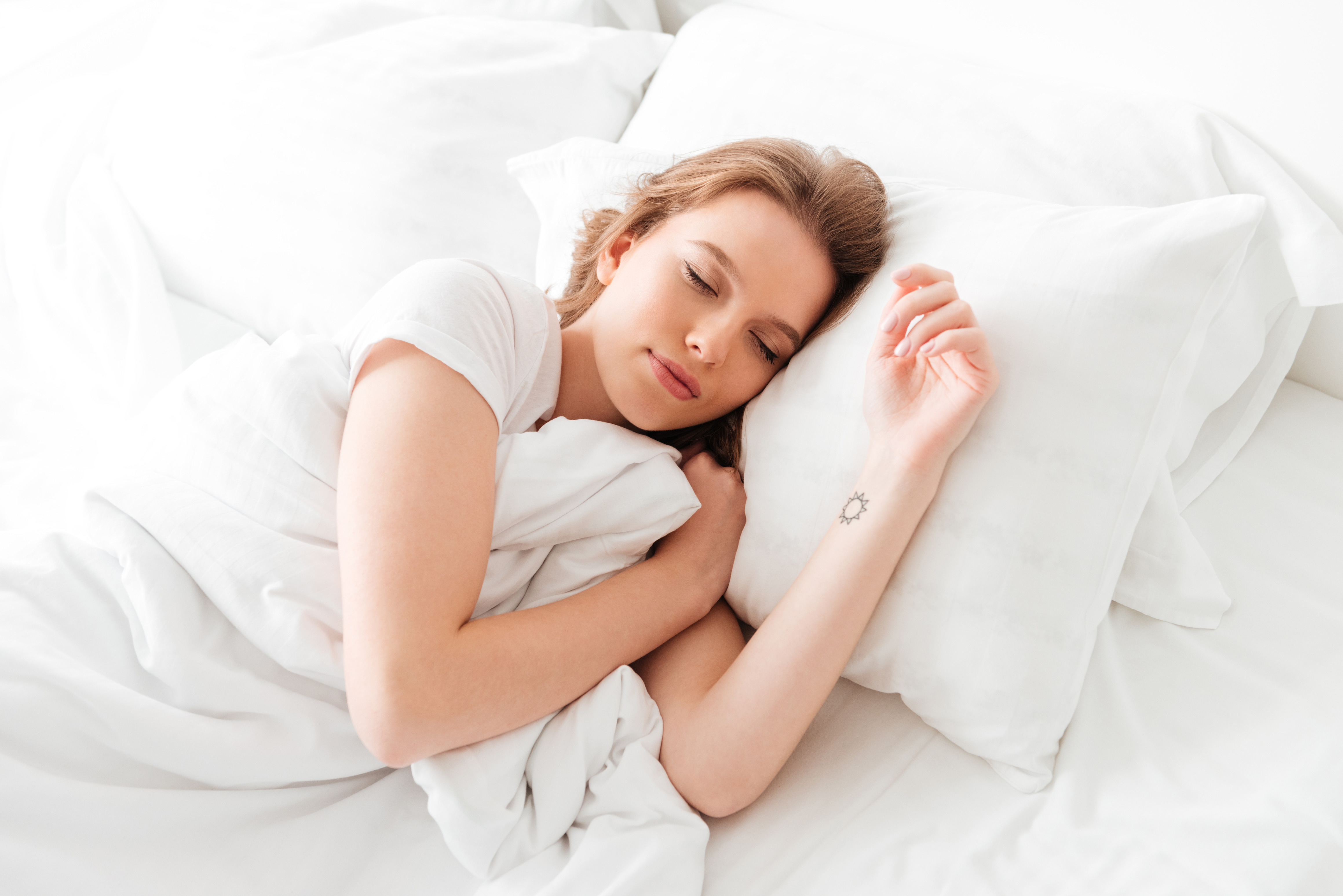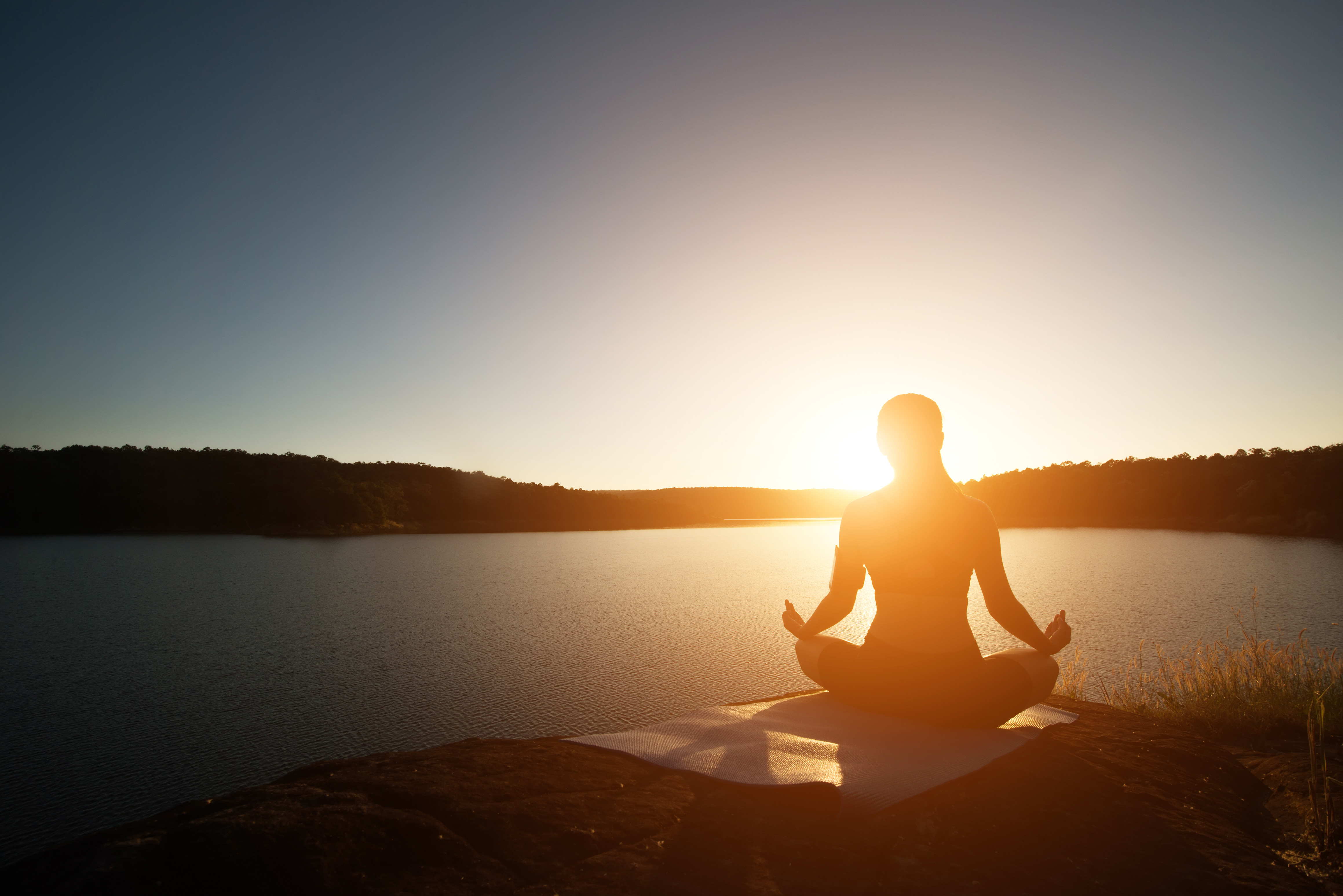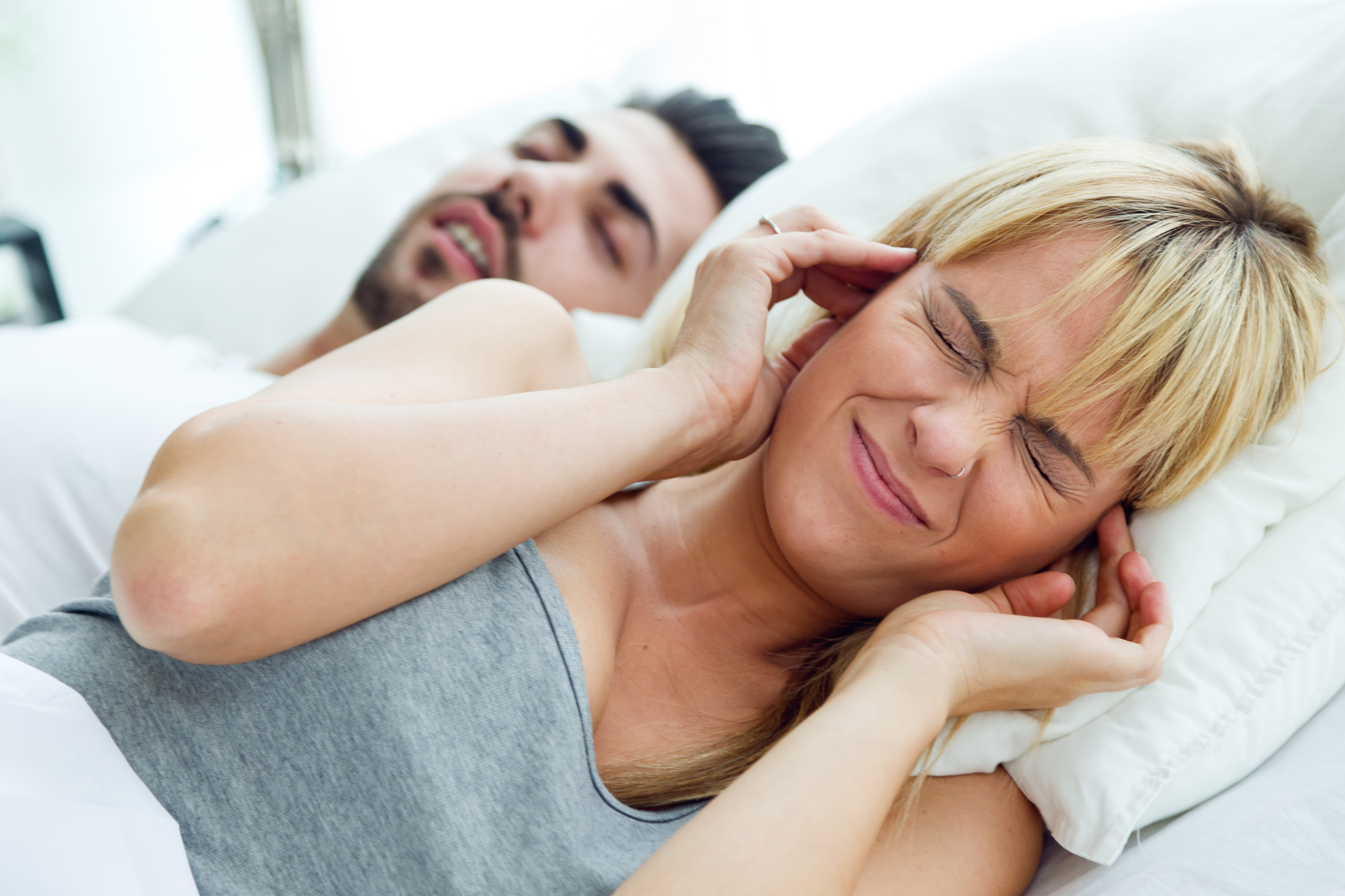
Sleep deprivation poses potent risk factors for an array of physiological and physical ailments like dementia, chronic back pain or body pain, obesity, diabetes, not to mention, death.
A recent study leveraging polysomnography in the population suffering from persistent body pain reported 72% having insomnia. Proving the point that people having sleep disorders mostly suffer from back pain, body pain, and other mental and physical problems. According to the study, the researchers concluded that populations exposed to environmental stressors including job dissatisfaction, psychosocial stress, odd working hours, or night shifts were more vulnerable to pain. It wasn’t merely because of the stressors but also how the stressors negatively affected sleep.
Prior to jumping on the 3 reasons why and how sleep deprivation harms your body, especially the backbone, let’s discuss what our body does when it is asleep.
What Happens When Your Body is Asleep?
Your body performs a range of essential functions while it is in sleeping mode like,
- The production of essential hormones
- Replenish the energy reserve
- Regenerate tissues
- Form neuronal connections in the brain
- Reducing inflammation in the body via compound production is responsible for it.
A night of sound sleep ensures that every part of your body gets the right amount of rest it needs to regenerate its strength and energy. Your spine, during sleeping hours, decompresses spine after long sitting, walking, sitting, lifting objects, and running. Sleep deprivation for whatever reason can lead your spine to stay unrested, leading to extreme pain.
| Did you know that oversleeping can also be a reason for your back pain? According to studies, people who tend to oversleep are more likely to experience excruciating pain in their back. A bad mattress, muscle fatigue, and poor sleeping position can lead to an unrest spine. Hence, if you feel pain after a good 8 hours of sleep, try shortening your sleeping hours to understand the reason behind the back pain you are experiencing. |
Now, let’s discuss how the nighttime tossing and turning might be eating up the health of your spine.
3 Reasons Sleep Disorders May be Harming Your Back
1. Lack of Sleep Makes You Sensitive to Pain
Studies have shown that people suffering from lack of sleep or sleep deprivation become more sensitive to pain. Hence, people who are suffering from Arthritis, bone issues, or joint pain are more prone to excruciating pain due to pain sensitivity due to lack of sleep.
2. Interrupted Sleep Results to Chronic Pain
Nighttime is when the body releases growth hormones helping the body to grow stronger and stay pain-free. However, interrupted or inadequate sleep can disrupt the production of growth hormones resulting in an unrested body. Your back pain that began from may be sitting in a particular position or walking too briskly can remain the same due to interrupted sleep at nighttime. Moreover, inadequate sleep also makes your brain and body more prone to pain, making you sensitive to even the slightest of pain.
3. Tossing & Turning Can Lead to Worsen Back Pain
Tossing and turning the entire night can worsen back pain as it can affect your back position. The worsening pain can in turn lead to sleep deprivation. Finding just the right position to feel comfortable while sleeping can increase back pain. Besides, the lack of sleep can make the slightest pain feel humongous and unbearable. The only solution is to find the right mattress and pillow for you. The mattress that is made with the right properties helps your back to align to help you sleep peacefully. Memory foam mattresses and pillows are perfect for people suffering from back problems as it takes the shape of your body.
Treatment and Prevention: Tips for Good Sleep
The best treatment for sleep deprivation is to get a healthy and sound sleep for at least 7-8 hours each night. Even though it is easier said than done, especially when you find yourself awake the entire night like an owl. However, when you find yourself ‘owling’ around the entire night, you would know when to visit a doctor for the same.
If you are just begun feeling unrest due to sleep depreciation, you can follow the following prevention tips to get better sleep at night.
As a treatment process, your doctor might perform a sleep study on you to comprehend the type of sleep disorder you are facing and how it can be treated. Doctors sometimes share sleep medication for a short duration for your body to retain its sleeping ability, however, most doctors do not believe in giving medicine for the same.
- Refrain from having a coffee afternoon to get a good night’s sleep.
- Avoid long daytime naps to ensure you are tired by night to get a sound sleep.
- Put an alarm to sleep at the same time every day to prepare your body and brain to follow a particular sleep routine.
- Refrain from having heavy meals at night or two hours before going to sleep to allow your stomach and digestive system to do their work at the right time and not while sleeping.
- Spend your night time relaxing by reading a book, taking a hot-water bath or meditating. It relaxes your mind and allows it to sleep peacefully.
- Reduce and gradually refrain from having alcohol.
- Go on a strict 40 minutes routine to exercise for your body to feel tired by the end of the day. However, restrict yourself from exercising in the evening, it will not relax but activate your body refraining from going into sleeping mode.
- Do not watch television or use your phone prior to 2 hours of sleep.
- Change your mattress and pillow quality to ensure you are using an excellent quality mattress to support your back and neck alignment.



